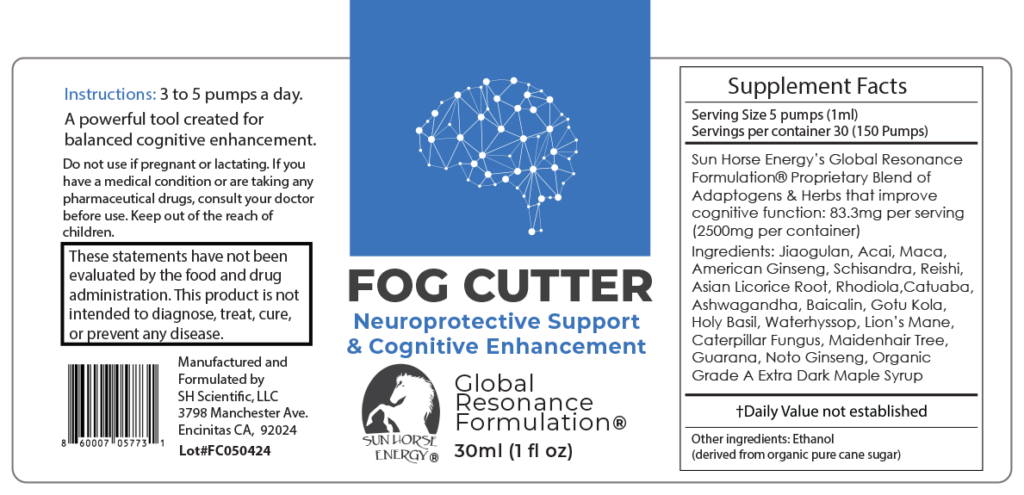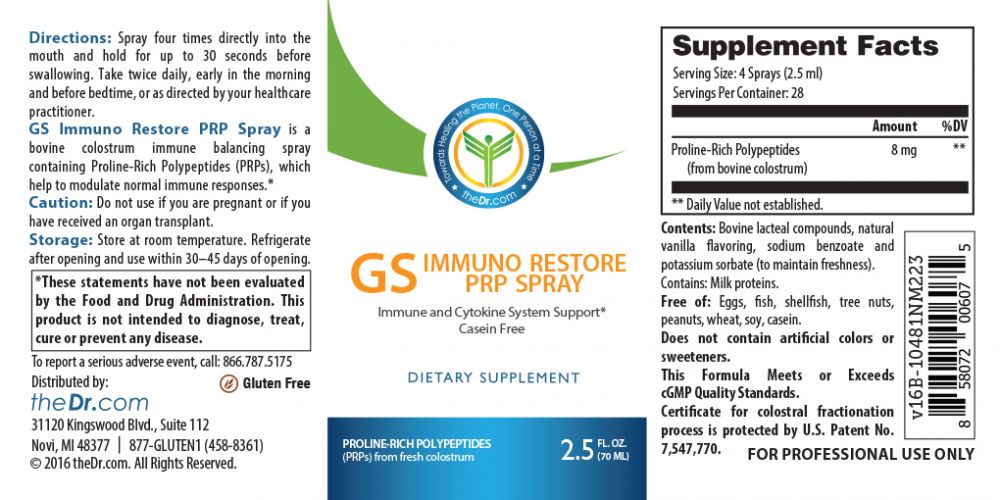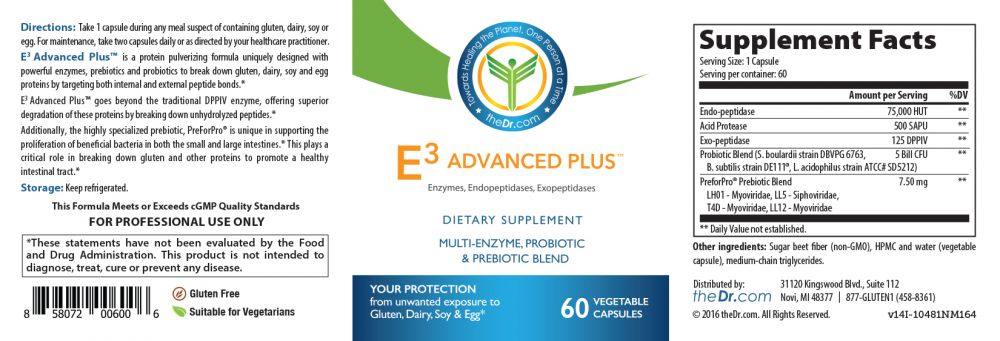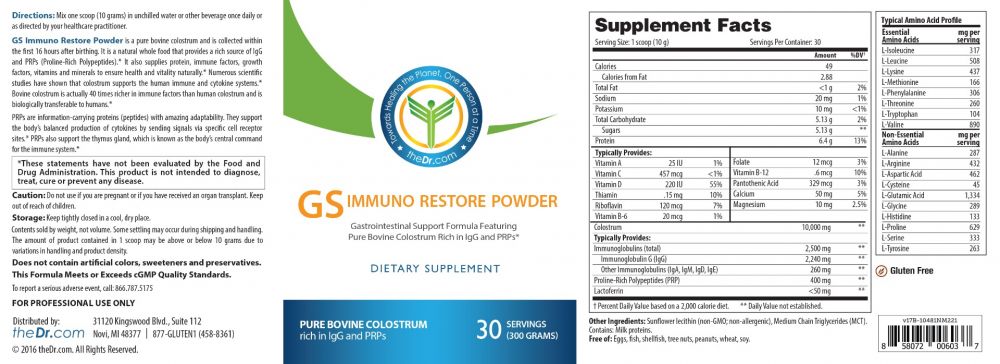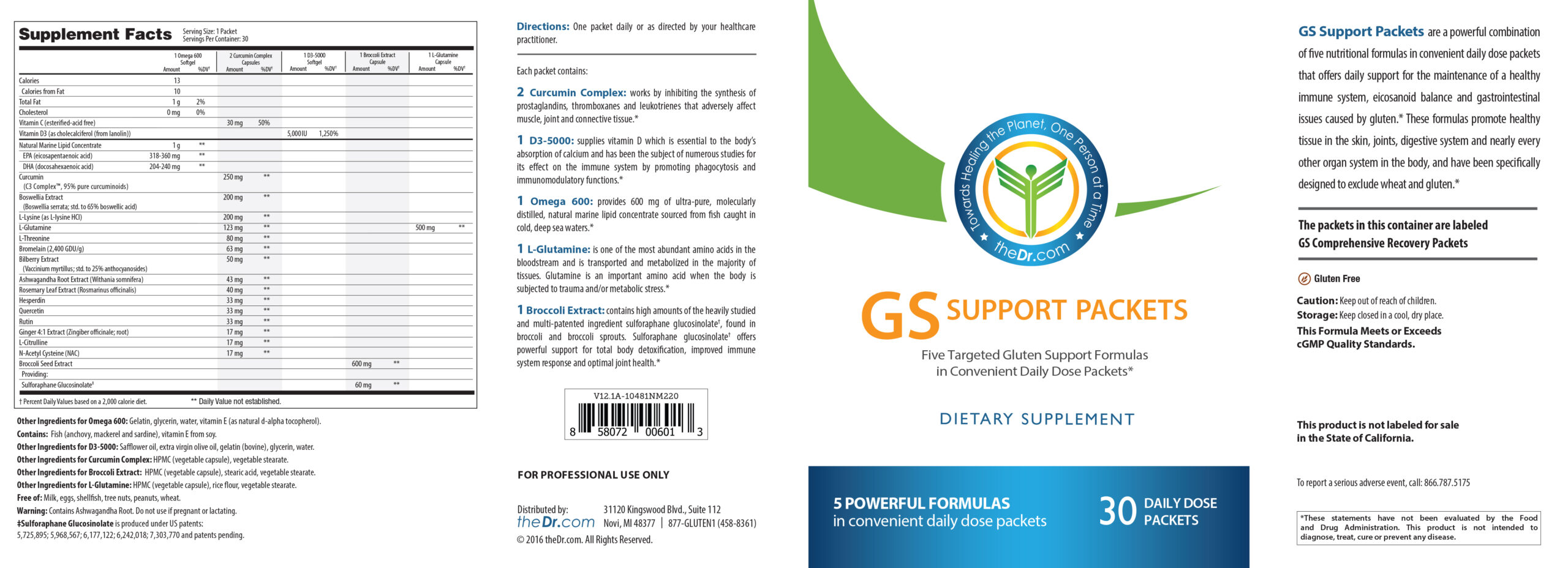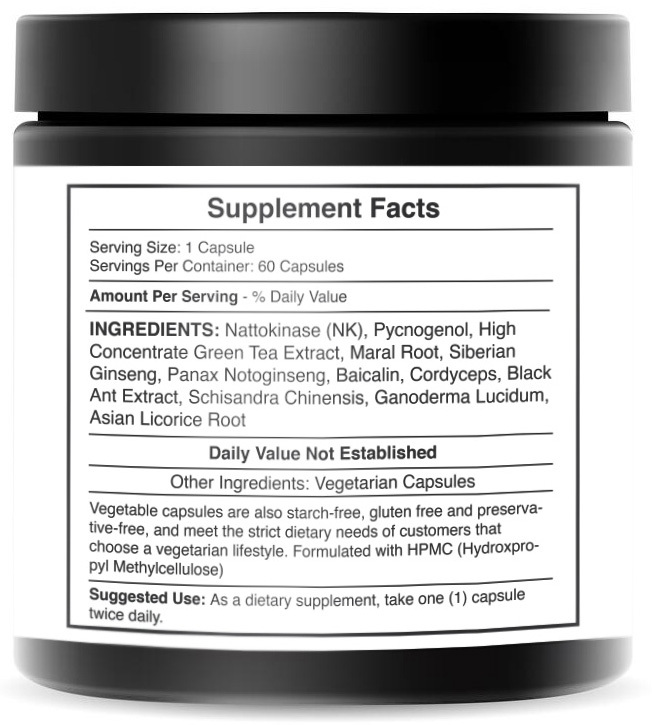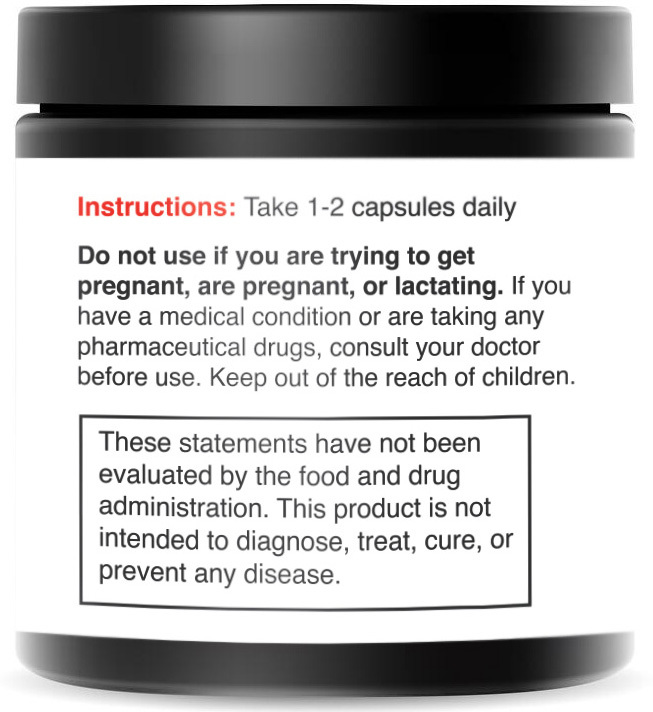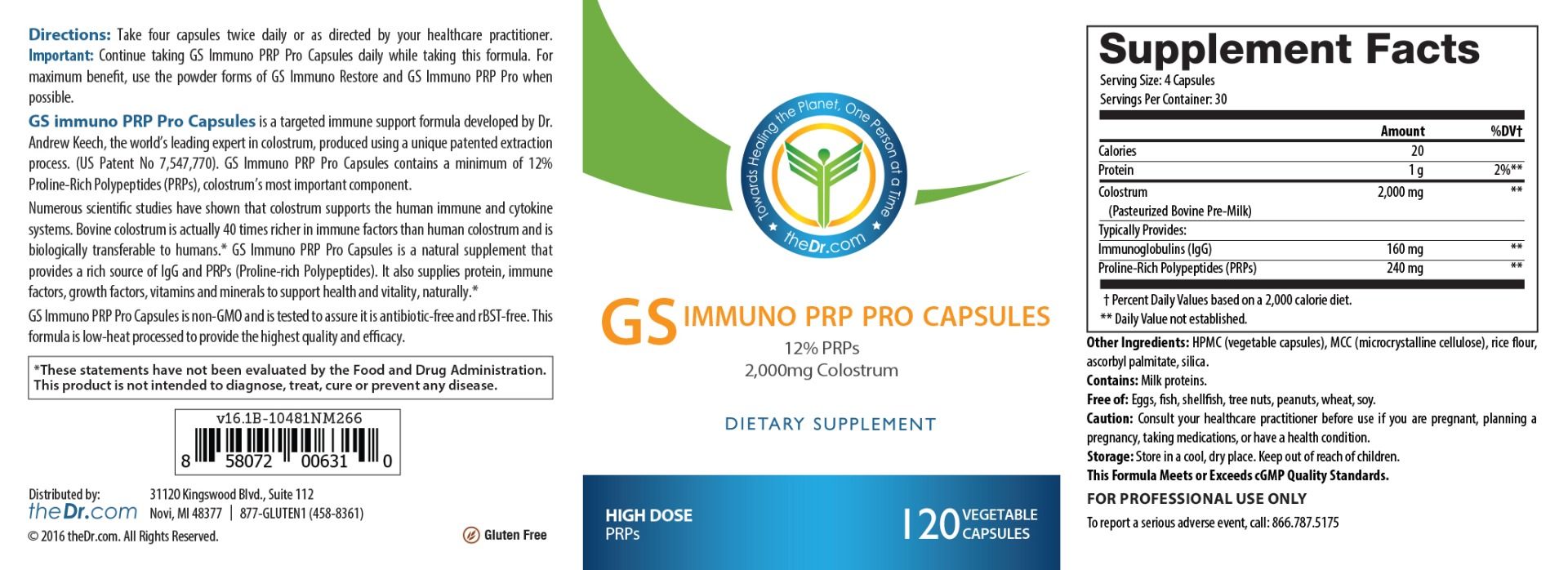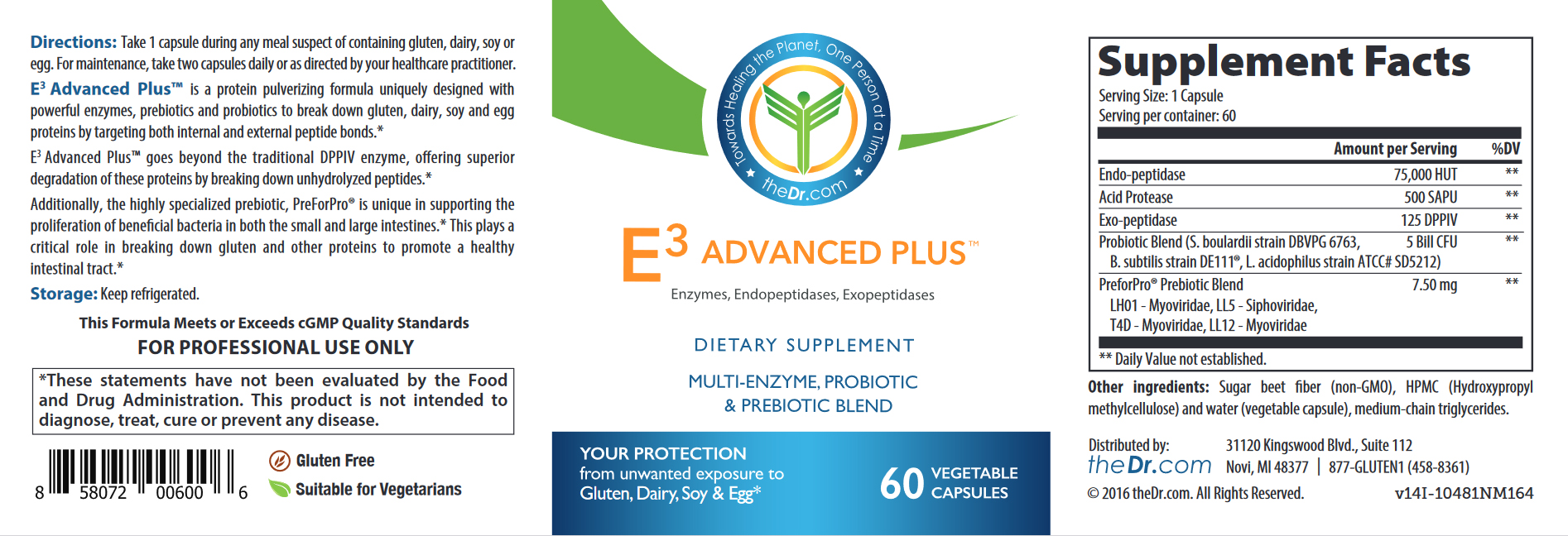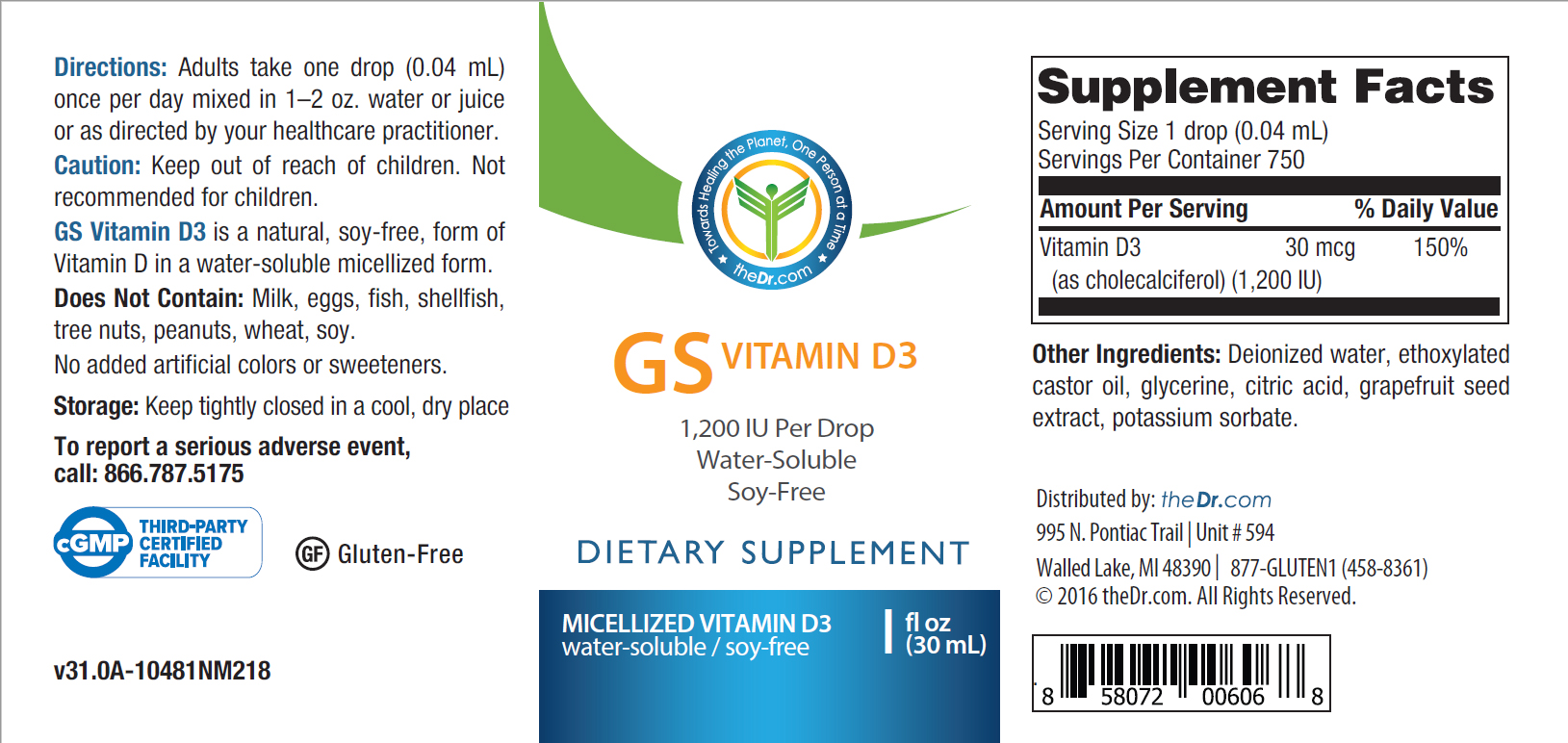As people with celiac disease struggle to maintain a gluten-free diet, dietary restrictions can lead to isolation and withdrawal.
Research indicates that having additional medical conditions is associated with a lower quality of life. One study looked at the combined influence of having a chronic disease and perceived quality of life and wanted to see if it had an impact on suicide-related ideations or suicide attempts. Depression was clearly linked to both. The people who had a lower quality of life had more suicide-related ideation and suicidal attempts than those with a higher quality of life.
Did you know children with celiac disease have a 40% higher risk of suicide? The #1 symptom of the brain from sensitivity to wheat is depression.
With the strong association between people with celiac disease and depression, we need to have plenty of tools at hand to support this at-risk population. Intervention techniques, prevention methods, and treatment strategies should be considered for anyone with celiac, even if you do not currently have a diagnosis of depression.
There Are Several Factors That May Feed Into Suicide Statistics.
Hypoperfusion – There is a strong gut-brain connection. People diagnosed with celiac disease already have villous atrophy in their gut. 73% of people with a sensitivity to wheat have hypoperfusion, or a lack of blood flow to the brain. This can be caused by any food sensitivity.
Low Levels of Neurotransmitters – Neurotransmitters like dopamine and serotonin are produced in the gut. A lack of both of these feel good chemicals is associated with depression and anxiety. In fact, 90% of your serotonin levels reside in the gut where it also serves the critical role of helping to stimulate contractions that push food through your intestines.
Dysbiosis – Dysbiosis has been linked to major mood disorders. A gluten-free diet starves your body of some much needed nutrients — nearly 80% of prebiotics in our diet comes from wheat! These prebiotics are fuel for the probiotics that reside in your gut microbiome. When you take away the primary food supply (wheat) from your beneficial bacteria, you starve the probiotics. They die off unless you replace the prebiotics you’ve been getting from wheat with other prebiotic foods. As good bacteria dies off, the bad bacteria continues to flourish and reproduce. This creates dysbiosis (an altered microbiome), an environment out of balance.
Financial Concerns – Even your finances can have an impact on your mental well-being. Several studies have shown finances impact the ability to adhere to a gluten-free diet. A study in Nova Scotia looked at 56 different gluten-free foods and compared them against their counterparts. Across the board, the gluten-free food was more expensive. Financial worries become an additional burden on a person already taxed with other serious concerns. A higher mortality rate is associated with the lack of adherence to a gluten-free diet. Studies show that people who are wealthier are able to comply with the dietary protocol more easily. The lack of adherence may stem from the depression, or it may be a contributing factor toward becoming depressed.
Social Engagement Participation – Studies support a reciprocal relationship exists between an engaged lifestyle and cognitive function. People who are actively engaged in social activities do better cognitively. If you are functioning better cognitively, you are more likely to participate in mental, social, and physical activities because, as shown in the studies, they mutually influence each other.
Isolation, depression, and high rates of suicide make it imperative that you don’t let a restrictive diet stand in the way of meeting the human need for socialization.
Restrictive Diets Restrict Social Life (if you let them)
You are faced with a lifetime of family celebrations, weddings, birthday parties, festivals, and workplace events while living gluten-free. There is no “I can’t wait until this is over” moment. Life on a gluten-free diet is from here on out.
Food is such a focal point of celebrations for the majority of people, but it can be a source of disappointment and frustration for people with gluten-related disorders. Events can become less and less enjoyable when met with the same predictable frustration. You can’t have what everyone else is having — gluten-laden snacks, drinks, and entrees.
You don’t know if that innocent looking side dish is gluten-free, and odds are the person that made it doesn’t either. Asking questions can wear you (and others) down, until you finally throw in the towel. Either you give up asking and eat it against your better judgement despite the impact it will have on your health, or you give up going out altogether in order to control your environment. Over time you may find others pulling away from inviting you to things, or you may pull away from social engagements. It can lead to isolation with Gloom and Doom as your new lifelong companions.
Treatment and Intervention
Unfortunately, people with celiac disease find the requirement of living gluten-free restricts their social life and leads to isolation. This can lead to either abandonment of your gluten-free protocol (which is an absolute necessity for anyone living with celiac disease), or it can lead you to becoming isolated and lonely. Neither are viable options for a healthy, fulfilling life.
You must adhere to a strict gluten-free diet. Like it or not, if you have celiac disease, your body needs you to keep to a gluten-free diet. If you choose to dismiss your body’s need for that, you will see other chronic conditions pop up. They may be more serious and life threatening, or it may simply be more of a nuisance that you have to deal with. But your body will be sending out autoantibodies that attack your own cells, every time you eat even the smallest amount of gluten. Eventually, an autoimmune condition will be diagnosed that reveals what your body was up to. Let’s not do any further damage. Stick to the diet.
Find a good therapist. This is especially important if you do not have a built in network of support. It is critical to talk to a therapist if you have depression. Venting to someone can really help take the weight off of the burdens you carry. Remember, your mental health affects your physical and social health!
Actively work to heal your gut, so it can better support you. With the diagnosis of celiac, doctors require total villous atrophy as a criteria. Your gut is already in peril. You want to make sure that your microbiome is brimming with diversity. It should contain approximately 80% of what we would call good bacteria and 20% of what we might consider bad. Since that gut is sending messages to your brain directing it to how it feels and what it wants, be sure your brain is being steered by the good guys.
Reach out for help. If you or a loved one are in crisis and feeling like you want to harm yourself, reach out for a lifeline and call the National Suicide Prevention Lifeline at 1-800-273-8255. You may be isolated, but you are not alone. They are there to listen. Talk to them and find out how they can best support you during your darkest hours.
Thanks to your ancestral design as a species, you function better with a support network to help you survive, and that is still true today. We all need others in our lives.
Connect with others. Finding ways to reconnect with lost friends and family or connect with total strangers can be helpful in preventing feelings of loneliness and isolation, which can make depressive thoughts more present.
Many people with celiac suffer from isolation and exclusion. As their world becomes smaller, it makes suicide prevention even more challenging. So we need to find ways to keep people socially engaged and improve their quality of life.
Practical Solutions for Maintaining Social Contact
Plan to be spontaneous. I know that sounds like a contradiction, but when you want to continue living spontaneously, you need to be prepared for whatever life may throw at you.
Carry a digestive enzyme with you at all times. Choose digestive enzymes like E3 Advanced Plus or Wheat Rescue. These help to break down minor exposures to gluten within approximately an hour. This timing is critical because you want to make sure it is broken down before gluten proteins exit the stomach. That is when the autoimmune response gets triggered. This is not permission to eat foods with gluten, just protection against trace amounts of gluten that you may encounter in a restaurant setting or at a friends house – wherever life may take you.
Adhere to that gluten-free diet. Higher mortality rates are associated with the lack of a gluten-free diet. Make sure that you address your gut health wholly, not just the absence of gluten, but the replacement of nutrients lost in the process – like prebiotics and probiotics. Improving your gut health will improve your overall health, including addressing issues surrounding depression and anxiety.
Install a gluten-free restaurant locator app on your phone. Wherever you are, when you and your friends or family are ready to eat, find out which restaurants offer food friendly options. To be safe, take a digestive enzyme. One study provided a NIMA Sensor to 804 people. Out of the 5,600+ samples labeled gluten-free in restaurants, almost one-third came back as containing gluten. 27.2% of “gluten-free” breakfast items tested in the study came back as containing gluten. Dinner came in at 34%, with pizza and pasta coming in at skyrocketing numbers. Gluten-free pasta dishes in restaurants contained gluten 50.8% of the time, and gluten-free pizza served in restaurants contained detectable gluten 53.2% of the time.
Carry a NIMA Sensor with you. A NIMA Sensor can detect trace amounts of gluten. If you order gluten-free food in a restaurant and it comes back “glutened,” you’ll know before you take that bite.
Always carry some goodies with you, so you have something to eat. If you end up at a friend’s house and it looks like almost everything they have is infected with gluten, rather than go home, eat a little something to carry you over or supplement it with the little they do have that is gluten-free, like a piece of fruit.
Find alternative opportunities to socialize in places that do not involve food. For instance, enroll in yoga, art classes, or a dance class.
Don’t restrict yourself more than necessary. If chronic pain or sickness has you bedridden, talk to your friends and family on the phone. FaceTime them or Skype. Ask a friend over to watch a movie. Vary the friends a little, so you don’t restrict your world to one friend. Don’t be too embarrassed to ask friends to take you to appointments. You would do it for them if you could. Let them help you.
Become the hostess with the mostest. If you are one of those who loves a good party, show them how it is done with a 100% gluten-free buffet. Have those recipes ready to share with friends and neighbors, so that they can retrieve it for their future events when they are looking for a great recipe or a gluten-free recipe. Let people know that all of the recipes will be gluten-free beforehand, so that anyone with any concerns leaves them at home.
Create and provide a list of gluten-free-approved snacks for a weekly gathering like book club or game night. If others have food sensitivities, work this into the gluten-free list. It doesn’t matter if you end up with a list of only 5 things. They are just snacks and drinks that everyone can enjoy. This eliminates worries for everyone about what people can or can’t eat, and reduces the competitive urge to keep up with or outdo the person that brought food before them.
Find ways to improve your quality of life. A lower quality of life is associated with a higher risk of suicide and a lower adherence to a gluten-free diet. Life may be very different from what you used to dream about, but that doesn’t mean you have to stop dreaming. Create a dream list and modify anything that is food-related to include or address those needs. You may find that most things that would improve your quality of life, have nothing to do with food. Dare to dream.
Remember — your now is not your future. Don’t cling to where you are now. Figure out where you want to be and how you can get there. Then live out loud.


